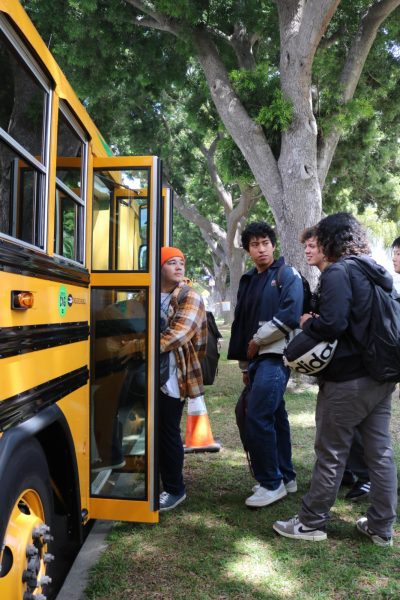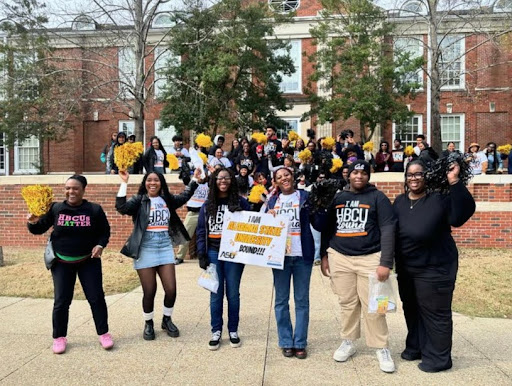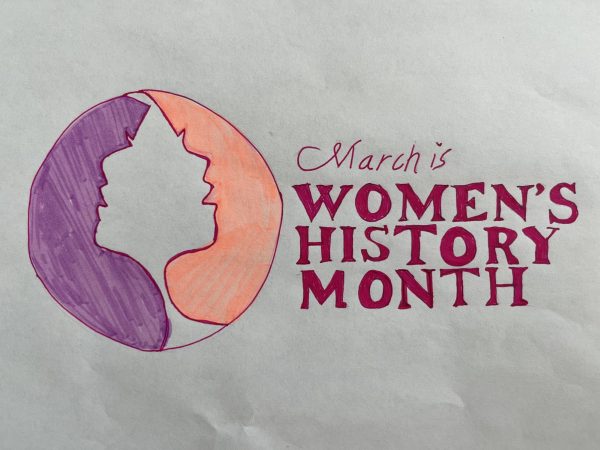Salvadoran Families Being Broken
January 31, 2018
Earlier this month, Secretary of Homeland Security, Kirstjen M Nielsen, decided to terminate the controversial program known as Temporary Protected Status (TPS). This long standing humanitarian and federally funded program grants immigrants refuge for a short time in the United States due to armed conflicts or natural disasters in their homeland. El Salvador’s TPS program, which consists of 262,500 civilians, will finally be terminated in September of 2019.
Students from Venice High are worried. A senior who requested to remain anonymous said the Trump administration has really impacted her and her family, “I am undocumented. With many new decisions being made, it worries me because I don’t know what tomorrow holds.”
In 1990, Congress established the TPS program for foreigners seeking refuge in the United States. However, it wasn’t until recently that many nations such as Honduras, Haiti and Nicaragua have had their programs terminated. El Salvador’s program termination was announced in early of January 2018.
In the aftermath , riots and protests have broken out across the nation ever since the decision.
“The Women’s March during the weekend is a beacon of hope to those who have been ostracized from this new administration,” said Salvadoran Maria Garcia, whose friends and family may deeply be impacted.
According to the Immigrant Legal Resource Center (ILRC), the deportation of
just one civilian would cost taxpayers an approximate of $10,000.
Reports from the Washington Post have conclude that arrests by immigration enforcement agencies have increased more than 40 percent since the election. The number of refugees being accepted by the United States have dramatically decreased, being at the lowest level since 1980. And just last week the Trump administration sent lawmakers an $18 billion blueprint for the first phase of a Mexico border wall.
Immigration is still being discussed in Washington D.C. Humanitarian programs such as the Deferred Action for Childhood Arrivals and many others are still being discussed as to whether to remain or not.
“There are many social media platforms to keep you informed and updated. Undocumedia and CHIRLA have many influential resources. You may help an undocumented family by simply staying informed and checking in on those affected by the ongoing issues,” said President of MEChA, Mireya Curiel.




